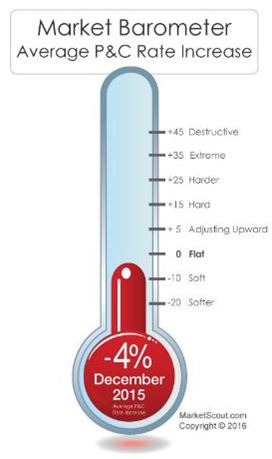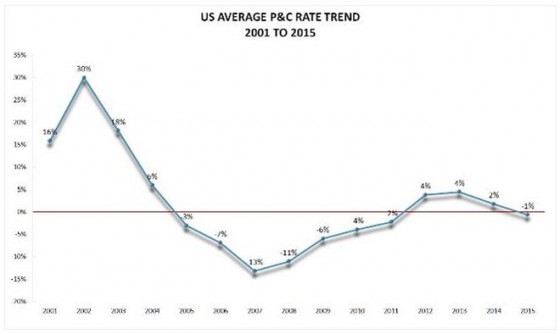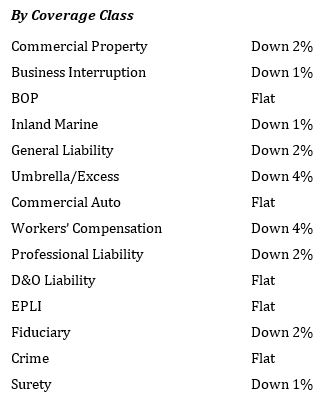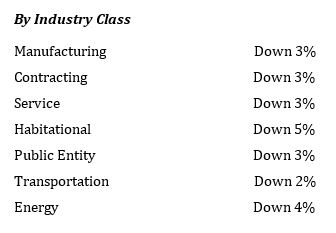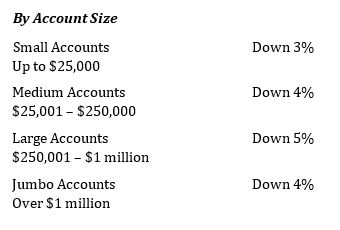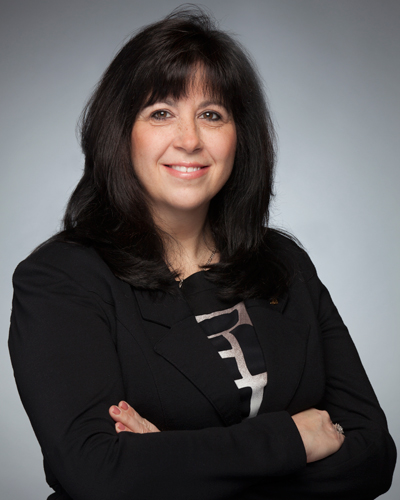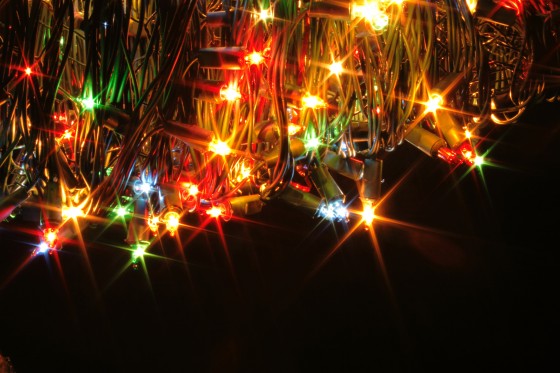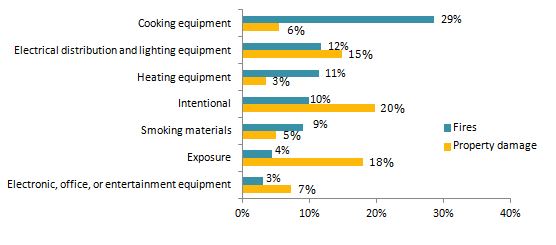The U.S. Justice Department on Monday sued Volkswagen in federal court in Michigan for illegally installing faulty emission control devices in about 600,000 vehicles. The lawsuit, filed on behalf of the U.S. Environmental Protection Agency (EPA), accuses VW of four counts of violating the U.S. Clean Air Act, including tampering with the emissions control system and failing to report violations.
According to a Reuters review of the U.S. complaint, VW could face fines of up to $37,500 per vehicle for each of two violations of the law, up to $3,750 per “defeat device,” and another $37,500 for each day of violation.
Risk Management magazine reported in December 2015 that the affected EA 189 diesel engines were installed in more than 11 million Volkswagen and Audi vehicles manufactured between 2009 and 2014. The company announced on Oct. 22 that it was also looking into whether the software might be in earlier versions of its latest EA 288 diesel engine, potentially adding millions more to the total.
Regulators across the globe, including in India, South Korea and Germany, are conducting their own investigations, as are attorneys general in all 50 U.S. states. The Justice Department has been seen as the only agency that might hold executives personally accountable, according to The New York Times.
The government is seeking a number of penalties against the company, including fines and further actions to mitigate the emission of harmful pollutants. A federal court will determine what actions the company must take to reduce emissions and a dollar figure for the penalty.
VW (VOWG_p.DE) shares fell as much as 6% to a six-week low on Jan. 5, the biggest drop yet on Germany’s blue-chip DAX index, Reuters said.


